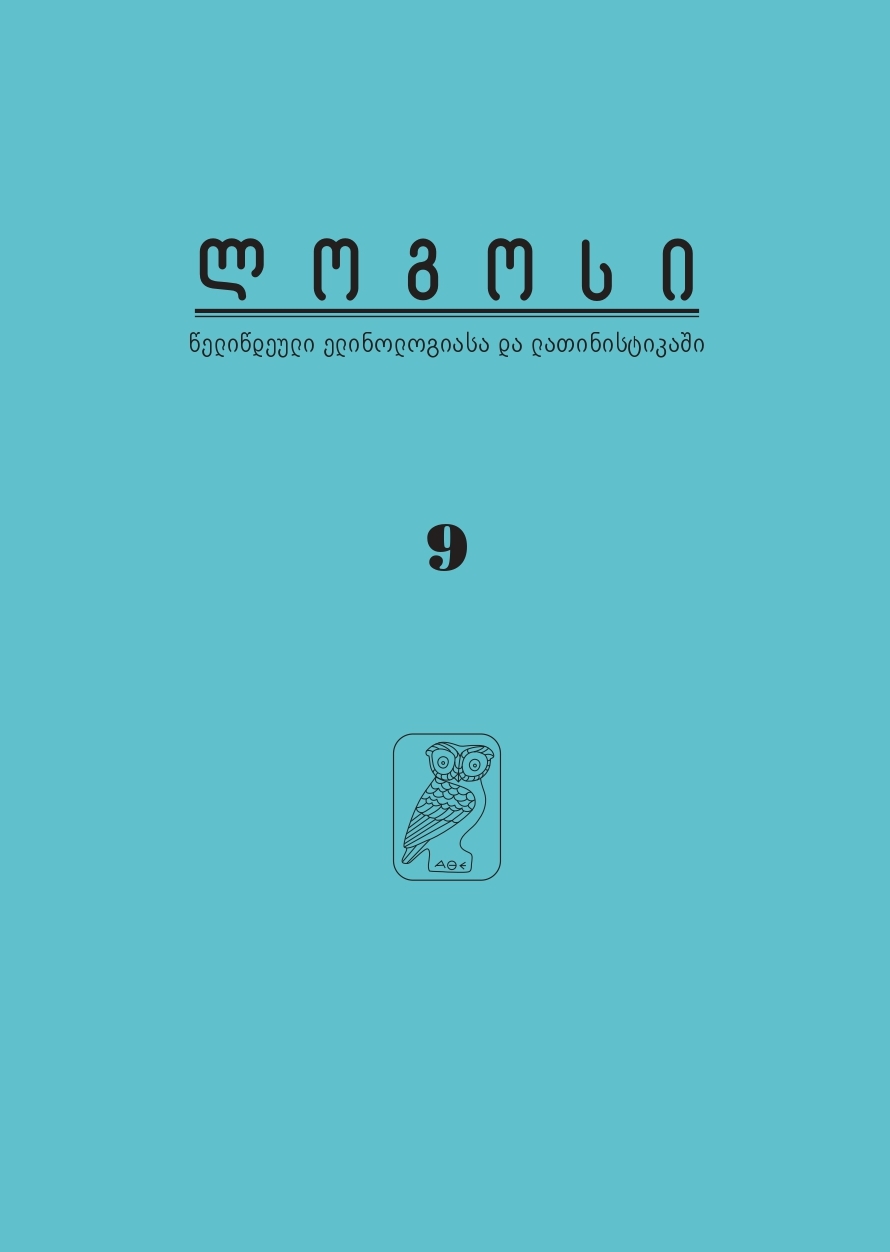Penelope in Modern Greek Literature
Keywords:
Ancient Literature, Odyssey, Perception of Ancient Tradition in Modern Literature, PenelopeAbstract
Penelope is undoubtedly one of the most virtuous and beloved characters among Homer's heroes – a woman who has transformed into a symbol of a faithful wife and an exemplary mother; A woman who faithfully waited for her husband for 20 years; A woman who, in fact, raised her child all alone; A woman who kept her household sacred. However, we encountered controversial interpretations of Penelope's image since ancient times: ancient sources sometimes refer to Penelope as Pan's mother or as a woman being in intimate relationships with all of the 112 suitors. Various explanations are attributed to why Odysseus decides to set up a test for his wife, the jealousy of Telemachus or the interpretation of Penelope's dream. On the other hand, Homer has never claimed that Penelope is faithful to her husband. Homer most often characterizes Penelope with the epithet "περίφρων," which means "clever" or "wise". Penelope is referred to as "faithful" – "πιστή" only once in the whole Odyssey and that too by the embittered (and already dead) Agamemnon.
The first and most radical interpretation of Penelope's character in modern literature probably belongs to James Joyce ("Ulysses" 1922) – his Molly Bloom is the complete antithesis of the faithful (or wise) Penelope. Joyce is a foundation for this interpretation of Penelope in Western literature. Joyce's interpretation of Penelope became very attractive to writers. Obviously, this metamorphosis was, first of all, an echo of the era.
Modern Greek writers proved to be much more sensitive towards Penelope compared to their European counterparts; however, each subsequent interpretation of Penelope's image is bolder and much distanced from her initial prototype.
The article reviews the interpretations of Penelope's image in modern Greek literature, trying to understand what most authors focus on in different eras and why is Penelope's image addressed mainly by female authors.









